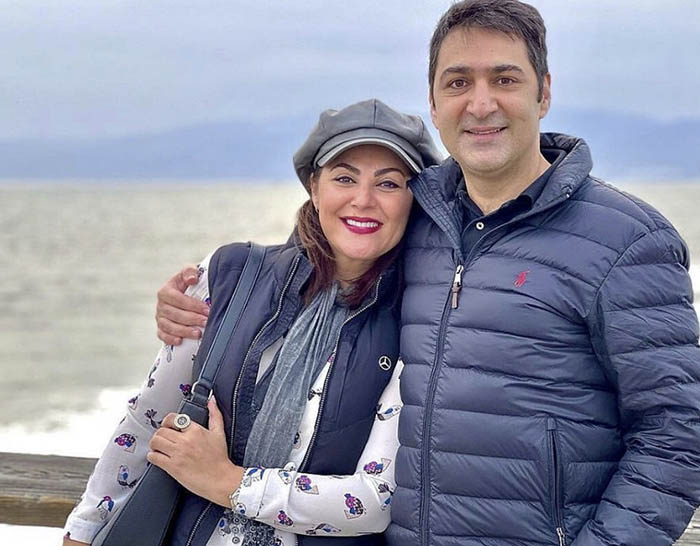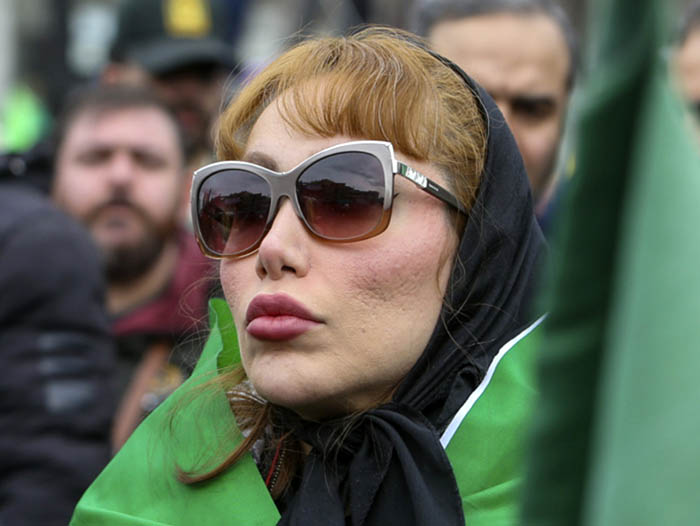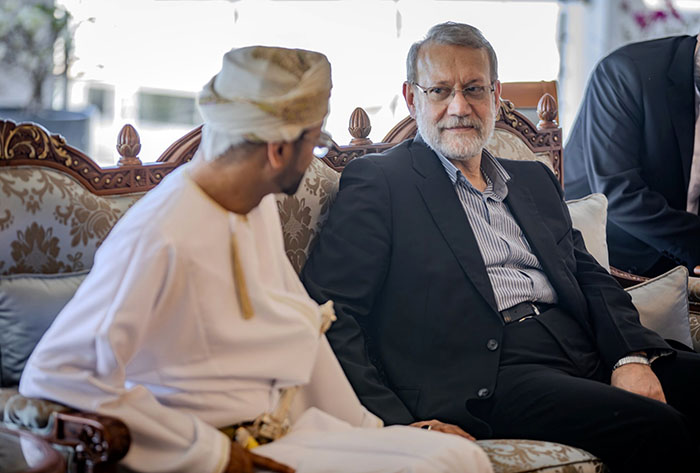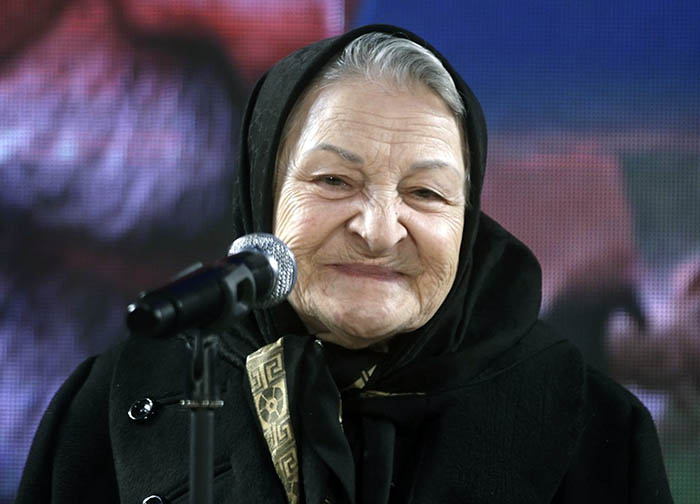The singer Ebi, together with artists in the U.S.
Born in Khorramdareh, he is the eldest of six siblings. Inspired by the Beatles, he formed a beat band known as “the Rebels” with Shahram Shabpareh and Siavash Ghomayshi in the mid 1960s. He was also a part of the “Sunboys” and “Black Cats” bands before embarking on a solo career. He left to go on tour in the United States in 1977, prior to the Revolution of 1979.
As the world witnesses the intersection of Ebi’s musical legacy and his advocacy, it becomes clear that his story is an evolving symphony, adapting to the changing notes of contemporary challenges. His support for Ali Karimi serves as a reminder that courage and conviction are not exclusive to the artistic realm but extend to the realm of human rights and justice.
The ongoing journey of Ebi, marked by both personal and professional evolution, is a testament to the enduring power of an artist’s voice. Whether through lyrics or public statements, he demonstrates the potential of art to shape narratives, challenge societal norms, and inspire collective action.
As the chapters unfold, Ebi’s role transcends that of a mere entertainer. He emerges as a cultural architect shaping the ethos of his community. The support for Ali Karimi signifies a conscious decision to utilize his influence not only to entertain but to advocate for justice, a choice that echoes beyond the applause of concert halls.
Ebi’s actions inspire contemplation on the broader role artists play in the narrative of societal progress. In a world where voices often clash, Ebi’s stands as a harmonious echo— urging people to listen not just to the melody but to the underlying call for unity, empathy, and justice.





